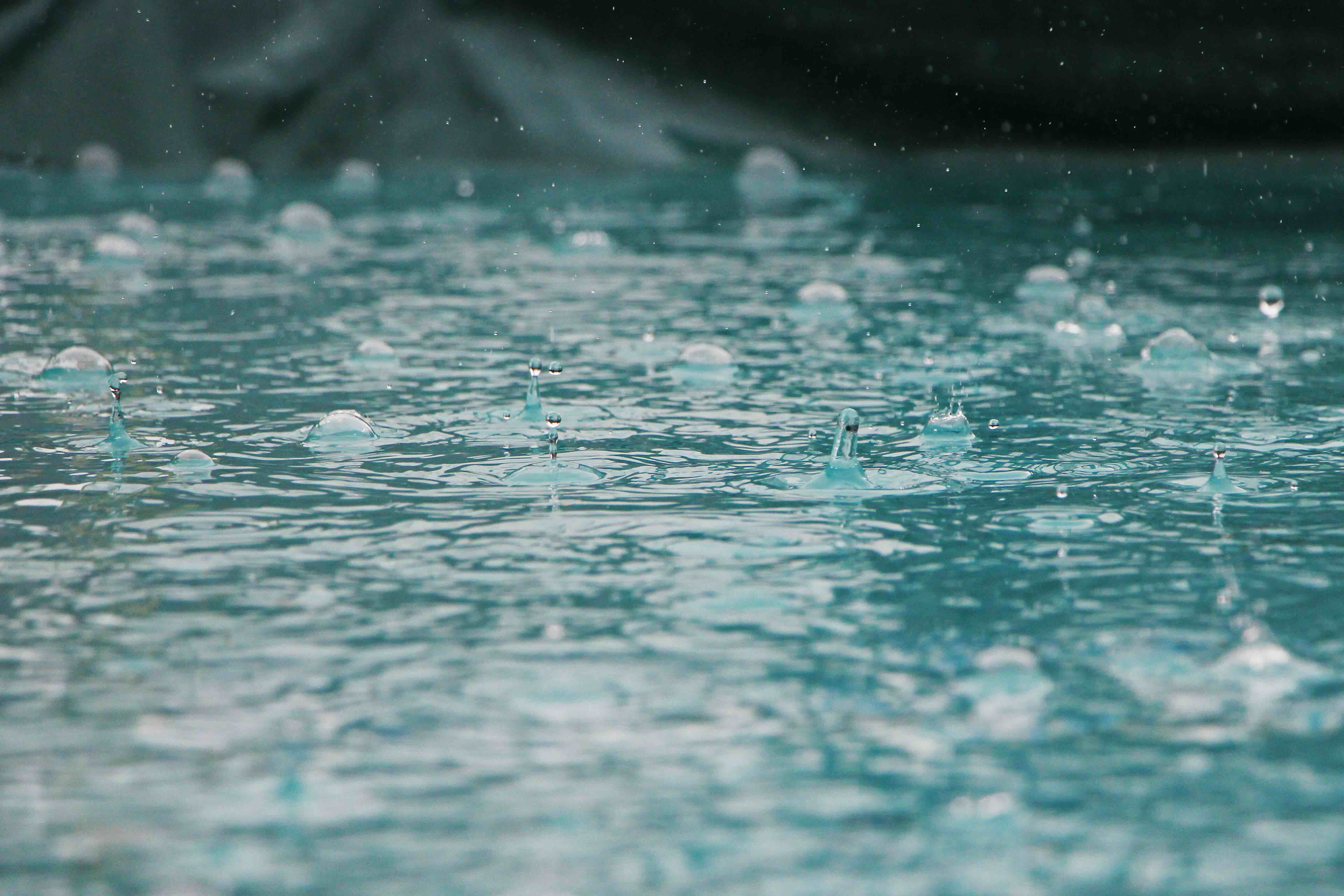What is "Carbon Neutrality"?
Carbon neutrality refers to the state in which net carbon dioxide (CO2) emissions are effectively reduced to zero . This does not necessarily mean avoiding all CO2 emissions altogether. Rather, it means that any emitted CO2 must be offset by capturing an equivalent amount. In the context of power systems, carbon neutrality can be achieved by increasing the share of renewable energy and capturing CO2 emitted from fossil fuel-based power generation.




